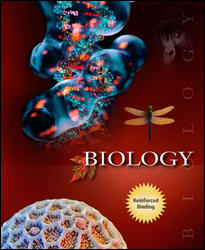
Biology, Eighth Edition (Raven)Chapter 5: MembranesReceptors Linked to a Channel Protein |  |
 | ||
|



Textbook Resources
Chapter Activities



Teacher
Student
Textbook Resources
Chapter Activities
Teacher
Student

  | |||||||||||||||||||||||||||||||||||||||||||||||||
Please read our Terms of Use and Privacy Notice before you explore our Web site. To report a technical problem with this Web site, please contact the Web Producer. | |||||||||||||||||||||||||||||||||||||||||||||||||


